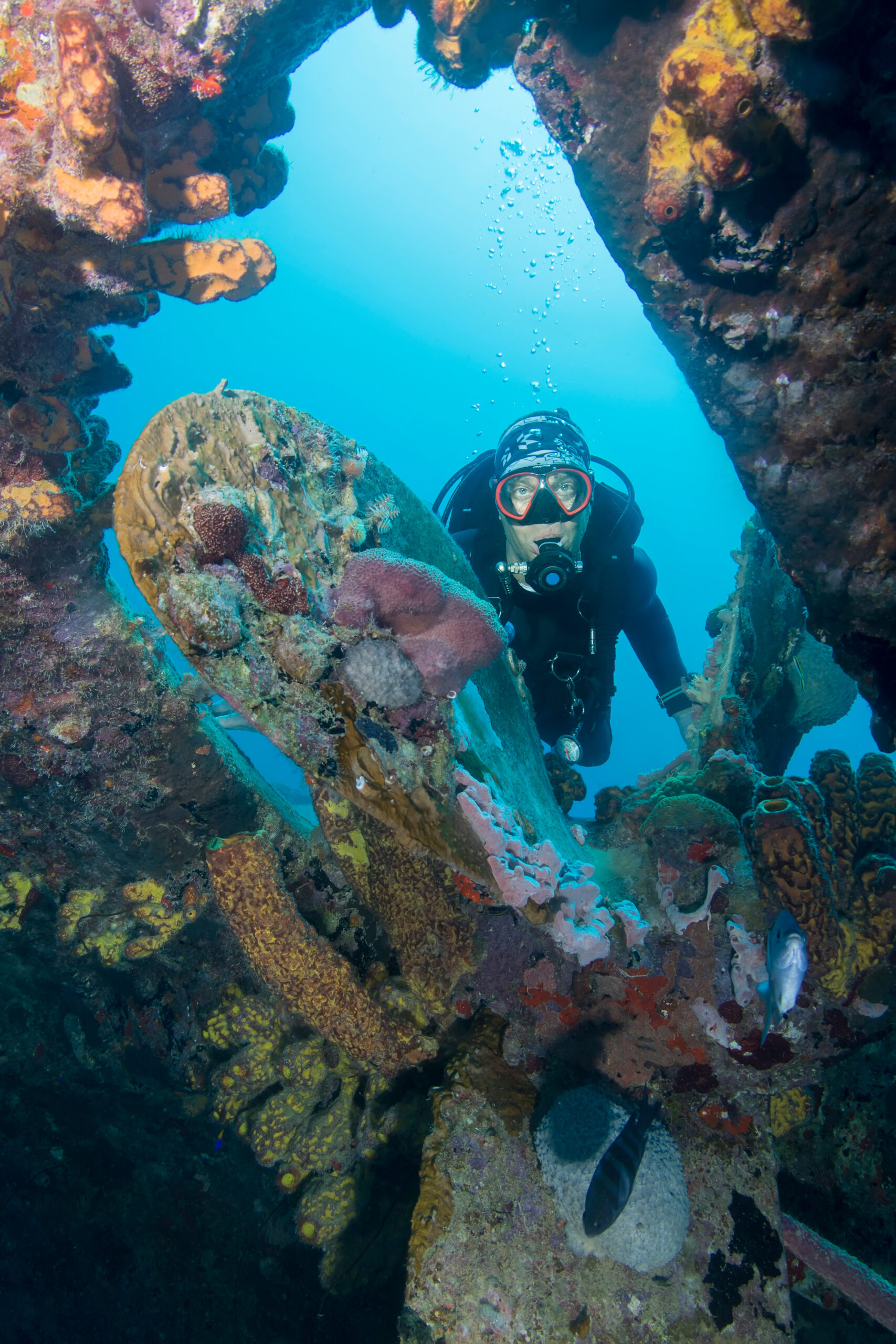Diving medicine
Diving suitability
For many years we have been Diving fitness examinations according to GTÜM recommendations Our current license is valid until 2028. The examination includes a medical history, physical examination, otoscopy, pulmonary function testing, and a resting ECG. Additional tests may be performed depending on your age or as needed. After the examination, you will receive a medical certificate confirming your fitness for recreational diving. Billing is based on the German Fee Schedule (GOÄ).
Diving medical examination
- Detailed medical history, i.e. medical history (past complaints and illnesses taking diving into account)
- Detailed physical examination (general condition, skin, eyes, nose, ears, musculoskeletal system, etc.)
- Special examinations, e.g. of the eardrums (otoscopy), lung function diagnostics, ECG or stress ECG
Very rarely, from a medical point of view, diving must be completely discouraged.
Diving suitability of children and adolescents
The examinations are based on the recommendations of the GTÜM (German Technical Inspection Association) and the Society for Pediatric Sports Medicine (GPS), Children's Diving Working Group. The aim is to identify potential health risks.
Examination intervals
The GTÜM recommends the following intervals for the diving examination:
- Every three years between the ages of 18 and 39
- Annually until the age of 18
- Every 12 months from the age of 40
- Different intervals in consultation with the examiner

High-altitude medicine
Altitude medical advice
With the increase in trekking tours and expeditions to high alpine regions, knowledge of altitude adaptation and treatment of altitude sickness is becoming increasingly important. Adaptation to high altitudes is only possible to a limited extent.
Up to 2,500 meters, healthy people in good shape generally have no problems. Above this altitude, the body requires increasingly longer adaptation periods. Above 5,500 meters, complete adaptation is no longer possible.
Adaptation initially occurs through deeper breathing to absorb more oxygen and increased cardiac output.

Travel medical check-up
You will benefit significantly if you are well prepared for medium altitudes above 3,500m and high altitudes above 5,000m. Medical support is especially important for people with known pre-existing conditions (lung, heart, blood count, hormonal disorders, congenital diseases, and others) and for those who have previously experienced altitude sickness, so that nothing unforeseen happens during your stay at altitude. An altitude medical examination is advisable in this case. In our experience, women benefit particularly, as their blood values and initial physical conditions are different. Early consultation and examination are therefore particularly important.
What can you expect?
A travel medical consultation with a focus on high-altitude medicine includes a discussion about medical considerations at medium and possibly high altitudes and in extreme environments, required vaccinations, and recommendations for a small first-aid kit. We can also discuss with you in detail whether your individual health condition requires special measures or preparations for your planned trip.